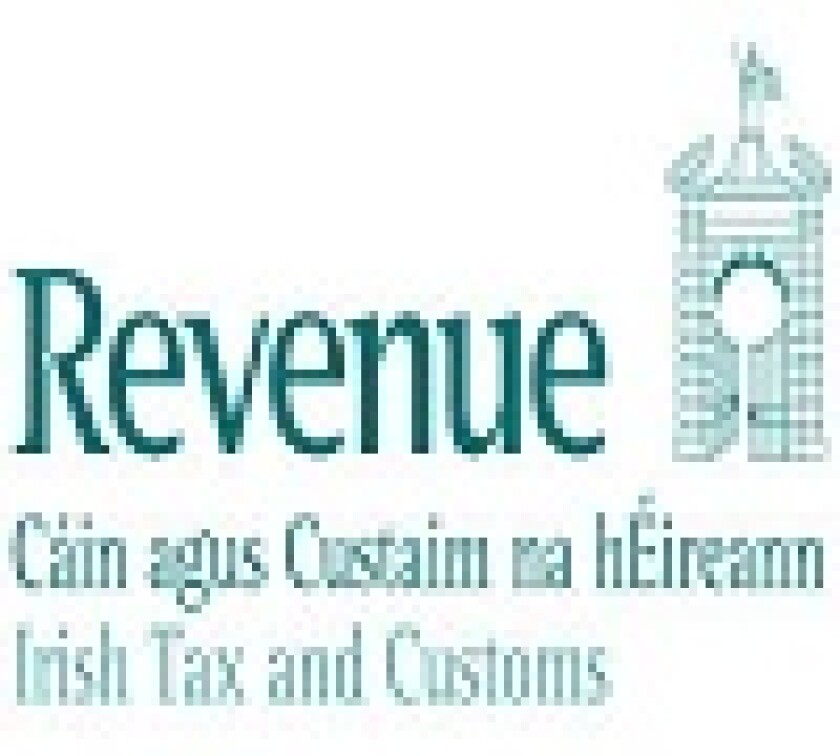Economic growth and Ireland’s performance
The report begins on a positive note, highlighting that in 2013 the recovery of the Irish economy was underway, with increasing domestic demand coupled with a strong export sector contributing to economic growth. As a result tax and duty receipts grew by 3.3% to €37.87 billion ($51 billion).
The report highlights that an international benchmarking exercise by PwC and the World Bank noted that in 2013, Ireland was the easiest country in the EU in which to pay business taxes and the sixth easiest in the world. In addition Ireland was one of 18 countries to achieve the top rating of ‘compliant’ in the ratings published by the Global Forum on Transparency and Exchange of Information for Tax Purposes on the implementation of its information exchange standard.
Targeting non-compliance
The report highlights that Revenue uses a range of tools to identify and target non-compliance and select cases for audit and investigation.
In particular, cases requiring intervention are primarily identified by the Risk Evaluation, Analysis and Profiling (REAP) system. REAP analyses Revenue’s case base by reference to a comprehensive range of in-house and third party data and ranks cases according to the level of risk they pose.
The report notes that REAP now interrogates more than 50 separate data sources, including third party sources from the public and private sectors. In 2013, the data sources available to REAP were extended to include returns from merchant acquirers in respect of payments made to merchants for credit and debit card sales, and returns from investment undertakings in respect of values of investments held by certain unit holders.
In 2013, Revenue piloted Social Network Analysis (SNA) as a risk evaluation tool. The report notes that SNA should not be confused with social interaction websites such as Twitter or Facebook. It highlights that SNA allows better visualisation and identification of networks of businesses and/or individuals who pose a high risk of non-compliance, fraud or illegal activities. This uses technology already deployed globally in other Revenue agencies, the intelligence community and in financial services to identify links and relationships between individuals and businesses.
Detecting and challenging tax avoidance
The report notes that Revenue maintains dedicated units to monitor and challenge tax avoidance. In 2013, 36 Notices of Opinion were issued under Ireland’s general anti-avoidance legislation.
There were significant enquiries into a number of financial transactions generating apparent capital losses from transactions in financial instruments. The Report notes that many of these transactions are the subject of legal proceedings including judicial review proceedings challenging Revenue procedures.
National contractors project
In 2011 and 2012, Revenue commenced reviewing the tax affairs of companies and their directors, where the main source of income is a contract ‘for service’ with a larger company. The companies in question did not appear to have a substantial business separate from these contracts, and in most cases the directors were the only employees of the company and paid tax through PAYE.
Revenue established that in many cases there were deficiencies in accounting for input costs and expenses, with the result that there has been a significant understatement of tax liability to the benefit of the directors.
Due to the prevalence of these issues, Revenue launched a nationwide project, which extended the scope of the audits to encompass other sectors including management consultants and IT contractors. The Report notes that given the outcome of the project to date, it will continue and may be expanded to other sectors following a formal review in early 2014.
Sonya Manzor (sonya.manzor@williamfry.ie) is a partner of William Fry Tax Advisors, Taxand Ireland, the principal Irish correspondents of the tax disputes channel on www.internationaltaxreview.com










